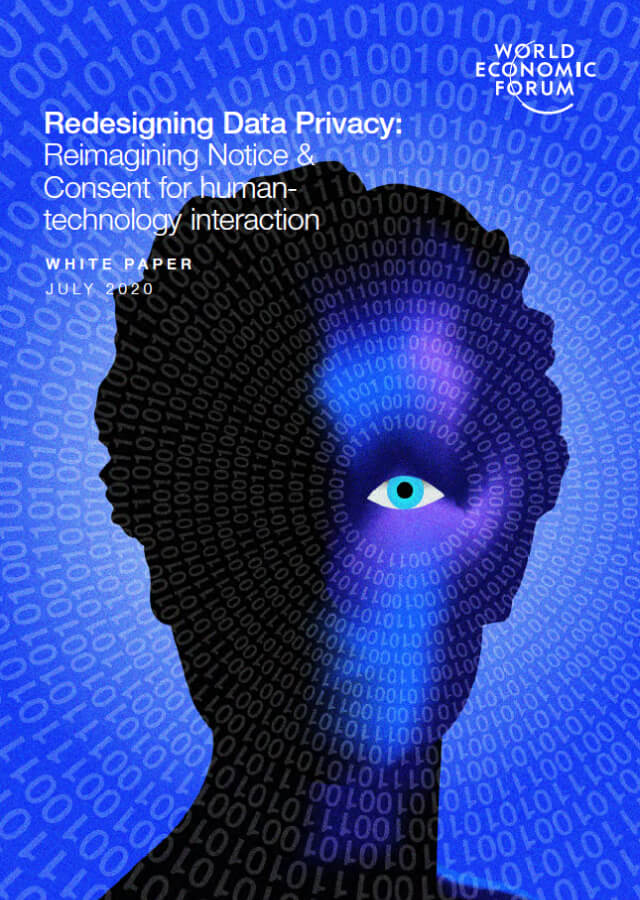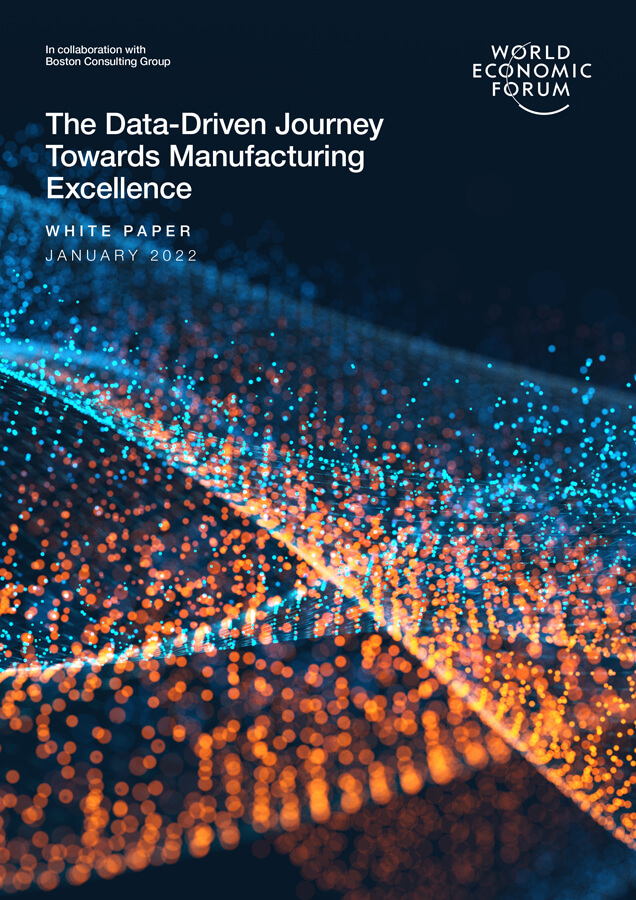Other reports



With the integration of screenless technology into everyday life, the data ecosystem is growing increasingly complicated. New ambient data collection methods bring many benefits, but they also have the potential to amplify mistrust between people and technology.
In this Insight Report, the World Economic Forum’s Taskforce on Data Intermediaries explores the potential to outsource human decision points to an agent acting on an individual’s behalf, in the form of a data intermediary.
The opportunities and risks of such a new approach are explored, representing one of many new policy anchors through and around which individuals may navigate new data ecosystem models. Levers of action for both the public and private sectors are suggested to ensure a future-proof digital policy environment that allows for the seamless and trusted movement of data between people and the technology that serves them.

The way in which we as people interact with technology is continuously evolving. When the permissions people grant to companies and organizations at one point in time become the gateway for everything that happens to that data in the future, that moment becomes extremely important, perhaps far beyond what could be envisaged. Given the ubiquity of data collection online and the necessity of technologies that enhance our lives but rely on that data, is there a better way to manage the relationship between people and technology?

Eco-efficiency is the outcome of 4IR technologies which, when directed to solve business problems, simultaneously boost productivity and sustainability.

This report describes the work to date of a multiyear initiative on Unlocking Value in Manufacturing through Data Sharing, launched in 2019 by the World Economic Forum’s Platform for Shaping the Future of Advanced Manufacturing and Value Chains, in collaboration with Boston Consulting Group (BCG).